How Brisbane Sources Its Drinking Water
If your lifestyle revolves around being outside, Brisbane naturally feels like home. As the capital of Queensland, the city sits at the intersection of river life, coastal escapes, and forested hinterlands. It’s a place where morning runs follow the waterline, weekends disappear into national parks, and hydration becomes part of the rhythm of daily movement. For people who spend time hiking, exploring, training, or simply walking the city, one practical question often comes up: can you rely on Brisbane’s tap water for everyday drinking?
In a country shaped by unpredictable rainfall and recurring drought cycles, water management is not just infrastructure, it is strategy. Brisbane’s water system is designed to remain stable through environmental extremes, but the source of that water can change depending on conditions. While the city’s tap water meets national health guidelines, the quality and taste of that water can shift over time based on where it is drawn from and what environmental factors influence it upstream.
Understanding how Brisbane sources, treats, and distributes drinking water helps clarify what “safe to drink” really means in practice. It also provides useful context for people who care about consistency, taste, and long-term exposure to trace contaminants, especially when hydration is part of an active, outdoor-focused routine.
Brisbane’s drinking water is supplied through the South East Queensland water grid, managed by Seqwater and distributed locally by Urban Utilities. The primary source of water comes from rainfall captured in regional dams and reservoirs. These surface water sources form the backbone of the system during periods of stable rainfall.
During extended dry periods, additional sources are introduced to maintain supply reliability. Desalinated seawater from the Gold Coast Desalination Plant can be blended into the system, ensuring continuity even when dam levels are low. Treated recycled water from the Western Corridor Recycled Water Scheme also plays a role in strengthening long-term water security for the region.
This diversified approach is a response to Australia’s climate reality. Rather than relying on a single source, Brisbane’s water system adapts based on environmental conditions. The benefit is resilience. The tradeoff is that water composition can vary slightly over time, which may influence mineral balance, taste, and overall sensory experience.

What Treatment Looks Like in Practice
Before reaching homes, Brisbane’s water undergoes multiple treatment stages. These typically include coagulation and flocculation to remove suspended particles, filtration to clarify the water, and disinfection to reduce microbial risks. The treatment process is designed to ensure the water meets Australian Drinking Water Guidelines for safety.
Monitoring programs continuously test for bacteria, turbidity, and regulated chemical parameters. From a public health perspective, Brisbane’s water supply is considered safe for consumption under normal conditions. For most residents, this means tap water is suitable for daily drinking without additional treatment.
However, safety standards focus on acute risk rather than long-term exposure to low-level residues. While treatment systems remove many contaminants, trace compounds originating from the environment or upstream activity can still be present in very small concentrations. These levels are regulated, but they can influence how people perceive the quality of their drinking water over time.
Agricultural Influence on Source Water
Queensland is a major agricultural region, and land use patterns across the state influence water catchments that eventually feed urban reservoirs. After periods of rainfall, runoff can carry small amounts of agricultural byproducts into rivers and storage systems. These inputs are monitored, and water treatment plants are designed to reduce their presence before distribution.
Even when concentrations remain within regulatory limits, trace residues can contribute to subtle changes in taste and odor. For people who refill their bottles frequently throughout the day, these changes can become noticeable. The experience of drinking water is not defined solely by safety thresholds, but also by consistency and sensory comfort.
This is especially relevant for outdoor use, where hydration is frequent and often drawn from public taps, park facilities, or shared refill stations. The closer drinking water is to its natural source, the more it reflects surrounding land use and environmental conditions.
Environmental Legacy and Persistent Compounds
Like many regions with industrial and military history, parts of Queensland have been affected by legacy contamination from compounds that persist in the environment. These substances are known for their resistance to natural breakdown processes and can remain in soil and groundwater for long periods of time.
Water authorities actively monitor for regulated compounds and work to ensure concentrations remain within established health guidelines. Even so, the presence of persistent environmental pollutants highlights how modern water systems are shaped by decades of land use, industrial activity, and chemical applications that extend beyond city boundaries.
For people who think about long-term exposure rather than short-term safety alone, this broader context often influences personal choices around filtration and water treatment at the point of use.

Weather Patterns and Seasonal Shifts
Brisbane’s climate plays a direct role in water quality. Heavy rainfall can introduce organic material into reservoirs, sometimes affecting taste and odor. These changes are not typically associated with health risk, but they can alter the drinking experience and create noticeable variation over the course of a year.
Drought conditions place greater reliance on desalinated and recycled sources. While these sources are treated to meet safety guidelines, their mineral composition differs from surface water collected from rainfall. Over time, people may notice subtle shifts in taste depending on which sources are being blended into the supply.
For individuals who hydrate frequently due to outdoor activity, training, or long days in the sun, consistency matters. Small changes in water profile become more apparent when water consumption is high.
Everyday Use Versus Outdoor Reality
In everyday urban settings, Brisbane’s tap water generally performs well for drinking, cooking, and basic hydration. In outdoor contexts, however, access points vary widely. Park taps, public fountains, campground spigots, and shared refill stations are all connected to the same broader system, but local plumbing conditions and maintenance levels can differ.
This means that while the municipal supply may meet safety standards, the experience of drinking water in outdoor or high-traffic public environments can be less predictable. Taste, odor, and temperature can vary, especially in exposed or older infrastructure.
For people who move between urban spaces and outdoor environments, having a consistent personal hydration setup helps remove uncertainty from the equation.

Long-Term Perspective on Drinking Water Quality
Water safety guidelines are designed to protect public health at scale. They do not necessarily reflect individual preferences around taste, purity perception, or cumulative exposure over long periods. Brisbane’s water system performs its role within regulatory frameworks, but personal expectations vary.
Some people are comfortable relying solely on municipal treatment. Others prefer an additional layer of control over what they consume, particularly when hydration is a daily priority tied to physical activity and outdoor living.
The decision to filter is less about fear and more about aligning everyday habits with personal standards for consistency and quality.
Conclusion
Brisbane’s tap water is treated, regulated, and generally safe to drink. Its quality reflects a complex system designed to adapt to environmental variability, drought resilience, and regional water security. For most people, it provides a reliable foundation for daily hydration.
At the same time, natural conditions, land use, and seasonal shifts influence the character of the water over time. For those who live active, outdoor-oriented lifestyles, adding a personal filtration step can offer greater consistency and confidence across different environments.
When hydration is part of how you move through the world, clarity about what you’re drinking becomes part of the experience. Brisbane gives you access to water. How you choose to carry and refine it is what turns access into trust.




Share this on:
The Secret to Staying Energized